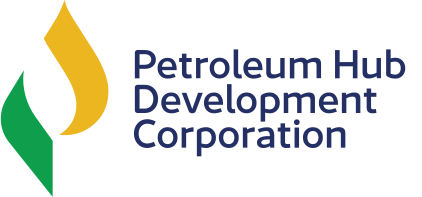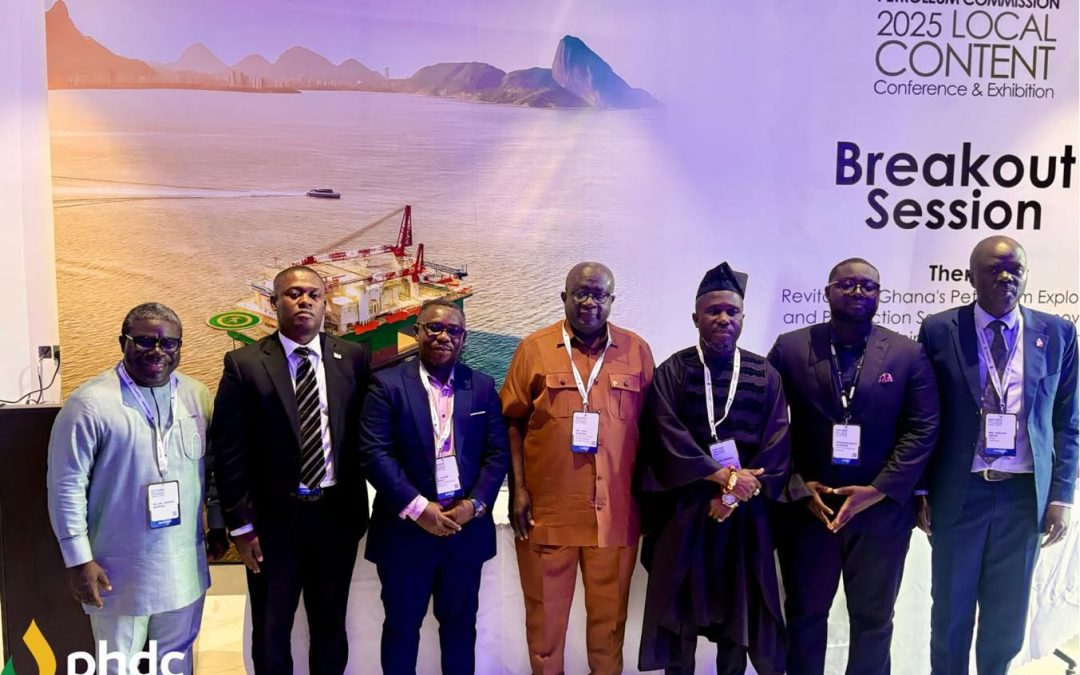Philip Obita, the General Manager for Upstream at the Uganda National Oil Company (UNOC), has urged Ghana to seize strategic voids in West Africa’s energy landscape and cement its position as the sub-region’s leading energy hub.
During a panel discussion on Day 2 of the 12th Local Content Conference and Exhibition in Takoradi, Mr. Obita delivered an analysis of regional opportunities and obstacles, asserting that Ghana holds a decisive competitive advantage over its peers.
He observed that, while Nigeria and Côte d’Ivoire have advanced efforts to establish themselves as premier energy nodes, Ghana enjoys a multifaceted advantage.
He noted that Ghana’s enduring peace and political stability, pivotal geographic centrality, and investor-friendly business ecosystem create the enabling environment for energy enterprises to flourish.
Mr Obita highlighted Ghana’s robust existing oil and gas infrastructure as a springboard for constructing next-generation facilities that would vault the nation into sub-regional leadership.
Philips Obita also mentioned that the incentive packages outlined by the acting CEO of the Petroleum Hub Development Corporation in his presentation at the conference will stimulate the interest of investors in Ghana.
He, however, urged Ghana to be expeditious in its bid to create a petroleum hub, as a delay could see the country being overtaken by its competitors in the sub-region.
“Nigeria’s problem is the lack enabling environment. Ghana’s progressive policies and incentives will nurture a thriving petroleum hub. Nigeria also grapples with inadequate gas and power infrastructure. If Ghana capitalises on these gaps, it will secure an unassailable competitive advantage,” he stated.
At the same forum, Dr Toni Aubynn decisively dispelled concerns over feedstock availability for the Petroleum Hub, reinforcing investor confidence in the project’s viability.
“You don’t need to produce oil to operate a world-class petroleum hub. Rotterdam produces no crude yet hosts one of the planet’s busiest and most profitable hubs. Singapore, which is the size of Accra, reclaimed land from the sea to build the world’s third-largest hub. They don’t produce a drop of oil. Malaysia tells a similar story; its Phase One alone employs over 80,000 people. The formula is simple: build world-class infrastructure, invite global crude, and let the market respond.”
Dr Aubynn also outlined the hub’s core and ancillary facilities, underscoring substantial investment opportunities for both local and international players.
The Local Content Conference and Exhibition (LCCE), which is the Petroleum Commission’s flagship initiative, is being held in Takoradi under the theme:
“Revitalising Ghana’s Exploration and Production Sector: Driving Innovation and Redefining Local Content for a Competitive Energy Economy.”
The event convenes government officials, industry leaders, and technical experts to strategise on accelerating growth in Ghana’s oil and gas sector while maximising indigenous participation.
About the PHDC
The Petroleum Hub Development Corporation (PHDC) was established under the Petroleum Hub Development Corporation Act, 2020 (Act 1053) to lead the development of a world-class petroleum and petrochemical hub in Ghana. The hub is intended to serve the energy needs of the West African sub-region and the broader continent.
PHDC aims to promote innovation, research, and strategic infrastructure development to meet Africa’s growing demand for petroleum products and services. By creating an integrated petroleum value chain, the Corporation seeks to unlock economic opportunities, foster industrial growth, and create sustainable employment for Ghanaians and citizens across Africa.
About the Petroleum Hub Project
The Petroleum Hub Project, estimated at $60 billion, will be located in Jomoro, in Ghana’s Western Region. The hub will comprise: Three refineries with a total capacity of 900,000 barrels per stream day (BPSD),
Five petrochemical plants with a minimum capacity of 90,000 BPSD. Storage tanks with a cumulative capacity of 10 million cubic meters and at least two jetties to support import and export activities.
The project is poised to position Ghana as a leading petroleum and petrochemical hub in Africa, enhancing regional energy security and economic integration.







